Murupolku
Blogi - otsikko
Poliisiblogi
Sisältöjulkaisija
-
Toisen roska on toisen rikoksentekoväline? Ympäristörikokset koskettavat kaikkia28.5.2025 12.16Keskusrikospoliisi
-
Valppaana verkossa - tietoverkkoavusteisten rikosten määrät kasvussa3.4.2025 13.07Lapin poliisilaitos Poliisihallitus Rikokset ja tutkinta
-
Ikääntyneitä vaanivat monet vaarat17.3.2025 13.54Poliisihallitus Poliisin ennalta estävä toiminta Rikokset ja tutkinta
-
Poliisin liikenneturvallisuustyössä useita onnistumisia vuonna 202428.2.2025 9.06Liikenne Poliisihallitus
-
Toimintaympäristössä tapahtuneita muutoksia SusiLIFE-hankkeen aikana5.2.2025 10.25Itä-Suomen poliisilaitos
-
Väkivalta, häiriökäyttäytyminen ja meteli kutsuvat poliisin kotihälytystehtäville uutenavuotena24.1.2025 9.59Poliisihallitus
-
Suojatien tulee olla nimensä veroinen13.12.2024 15.17Poliisihallitus
-
Oletko Sinä väkivallan uhri, tekijä tai molempia?25.11.2024 11.04
-
Rikostorjuntaa kylillä, kouluilla ja yhä enemmän verkossa13.11.2024 10.24Poliisihallitus Rikokset ja tutkinta
-
Poliisin liikennevalvonnalla yhteiskunnallista vaikuttavuutta15.10.2024 8.44Liikenne Poliisihallitus
-
Yhä useampi meistä kohtaa kyberrikollisuutta töissä tai kotona –Oletko sinä varautunut kohtaamiseen?9.10.2024 11.55Keskusrikospoliisi Rikokset ja tutkinta
-
Harjoittelussa Poliisihallituksessa: monipuolista viestintää ja arvokasta kokemusta23.8.2024 9.27Poliisihallitus Poliisin toiminta ja kehittäminen
-
Vakavimmat kolarit tieliikenteessä tapahtuvat tyypillisesti 80 km/h nopeusrajoitusalueella13.8.2024 11.10Liikenne Poliisihallitus
-
Mihin menet sovittelu - kysymyksiä sovittelusta23.7.2024 13.30Poliisihallitus Poliisin ennalta estävä toiminta Rikokset ja tutkinta
-
Ympäristörikollisuus tulee kalliiksi yhteiskunnalle ja luonnolle10.7.2024 11.55Keskusrikospoliisi
